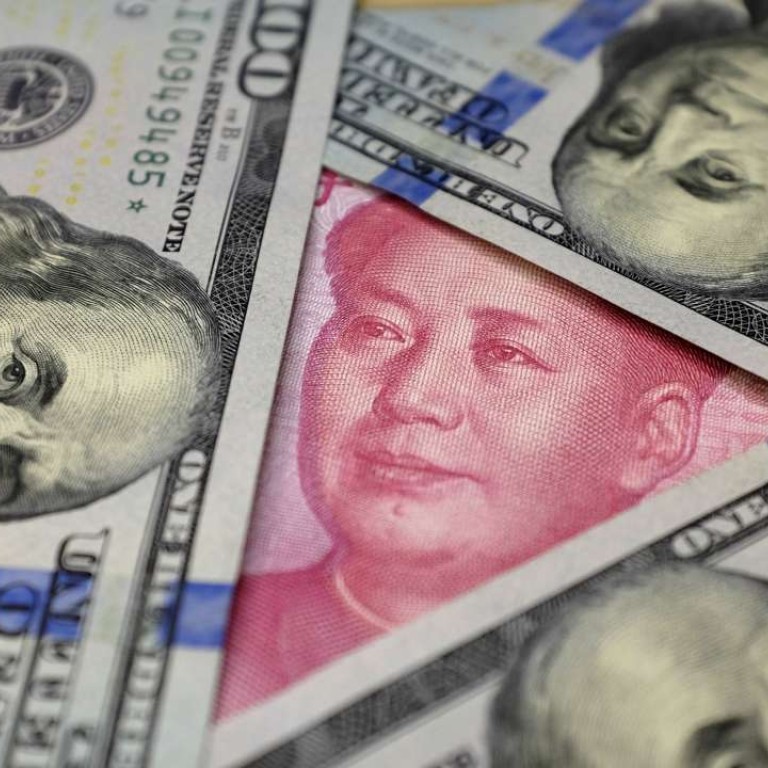
Dovish Federal Reserve suggests more stable outlook for renminbi
Fed to adopt cautious stance towards raising interest rates.
China’s currency is set for a more stable outlook this year as the US Federal Reserve’s more measured approach to raising rates is likely to stem the possibility of large capital outflows and any resulting market volatility.
On Wednesday, the US Federal Open Market Committee (FOMC) said it would hold interest rates steady this month, and issued a dovish statement and projected timetable for further rises.
“The Fed’s decision to hold off on an interest rate hike this month will have the effect of taking some of the downward pressure off the renminbi,” said Michael Taylor, managing director and chief credit officer, Asia Pacific, at Moody’s Investor Services.
While China struggled with sizeable capital outflows towards the end of last year and early this year, Taylor said the scale of these had slowed since March.
“We see two reasons for this,” he said.
“First, anecdotally, it appears China has tightened its capital controls, and second, there has been a softening in market expectations around the currency’s value.”
Taylor added that capital would normally expect to flow towards a strong dollar, so the hold off on raising interest rates in the US would help reduce such outflows from China.
As well as saying that rates would remain unchanged in June, the Fed cut the expected pace of rate hikes going forward, to three hikes in 2017 and 2018, down from four each.
A research report from Bank of America Merrill Lynch described this as “a dovish capitulation that the outlook is more uncertain,” and said it anticipated just one interest rate rise this year, probably in September.
A more dovish fed will help China to make its exchange rate more market determined.
The FOMC indicated it still expected two rises this year, but Fed chair Janet Yellen told a news conference after the rate decision, “we are quite uncertain about where rates are heading in the longer term”.
Wang Ju, a senior forex strategist at HSBC, said it also anticipated one rise in US interest rates this year, again in September.
“I do not see this one rise causing significant pressure on the renminbi, as it will be fairly clear where the market is heading, since there is awareness of the cyclical and structural situation in China’s economy.
“A more dovish fed will help China to make its exchange rate more market determined,” Wang added.
China’s yuan is not yet fully convertible. Instead the People’s Bank of China sets a daily mid-price for the currency against the US dollar around which traders can trade up to two per cent either side during the course of a day.
The Chinese authorities have said they aim to make the value of the renminbi more determined by the market, but significant volatility in the currency may cause them to delay this.
A more dovish Fed, and softening in market expectations around the renminbi’s value, should reduce this volatility.
The Hong Kong dollar is pegged directly to the US dollar, but HSBC’s Wang said should the US dollar, and hence the Hong Kong dollar, strengthen following a rate hike in September this was not a matter for concern.
“It has often been said that the HK dollar needs to strengthen,” she said.
“At the moment we feel that it is fairly valued or perhaps even a little cheap.

